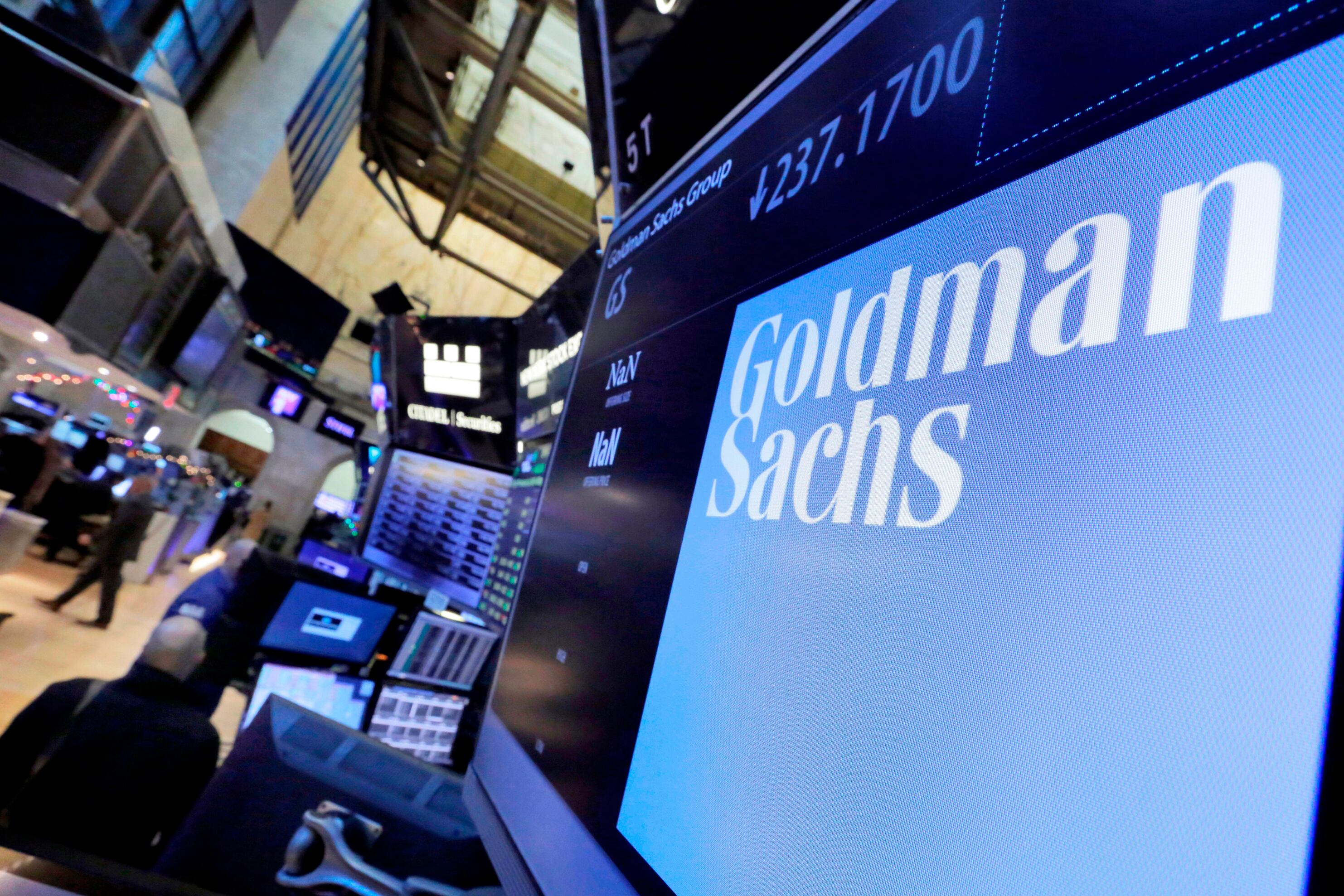The price of bitcoin fell 48 percent in two days and lost 30 percent of its value this week, moving in tandem with risk assets and challenging the narrative that bitcoin acts as a safe haven asset in times of political and economic uncertainty.
Bitcoin is currently trading at $5,364, about 40 percent up from a low of $3,858 late Thursday night – the lowest since May 2019. Bitcoin has historically demonstrated strong recoveries from similarly violent sell-offs.
Crypto exchanges briefly went offline early Friday morning, and the New York State Department of Financial Services is requiring licensed crypto firms to produce coronavirus contingency plans.
On Thursday afternoon, between President Trump's speech about travel restrictions and before Christine Lagarde's speech in which she refused to cut rates, the crypto markets fell 20 to 30 percent in the span of an hour in one of bitcoin's sharpest ever selloffs. Gold, platinum, palladium, gasoline, and sugar plummeted around the same time.
"The latest market meltdown centers around liquidity (or lack thereof) as investors sell whatever they can to minimize additional losses or cover their positions," Kevin Kelly, lead analyst at Delphi Digital, said in an investor note Thursday. "The old adage 'cash is king' rings truer than ever at times like this as markets crater and hysteria takes hold. Beware fakeout rallies and false bottoms as they've claimed more careers than they've made."













